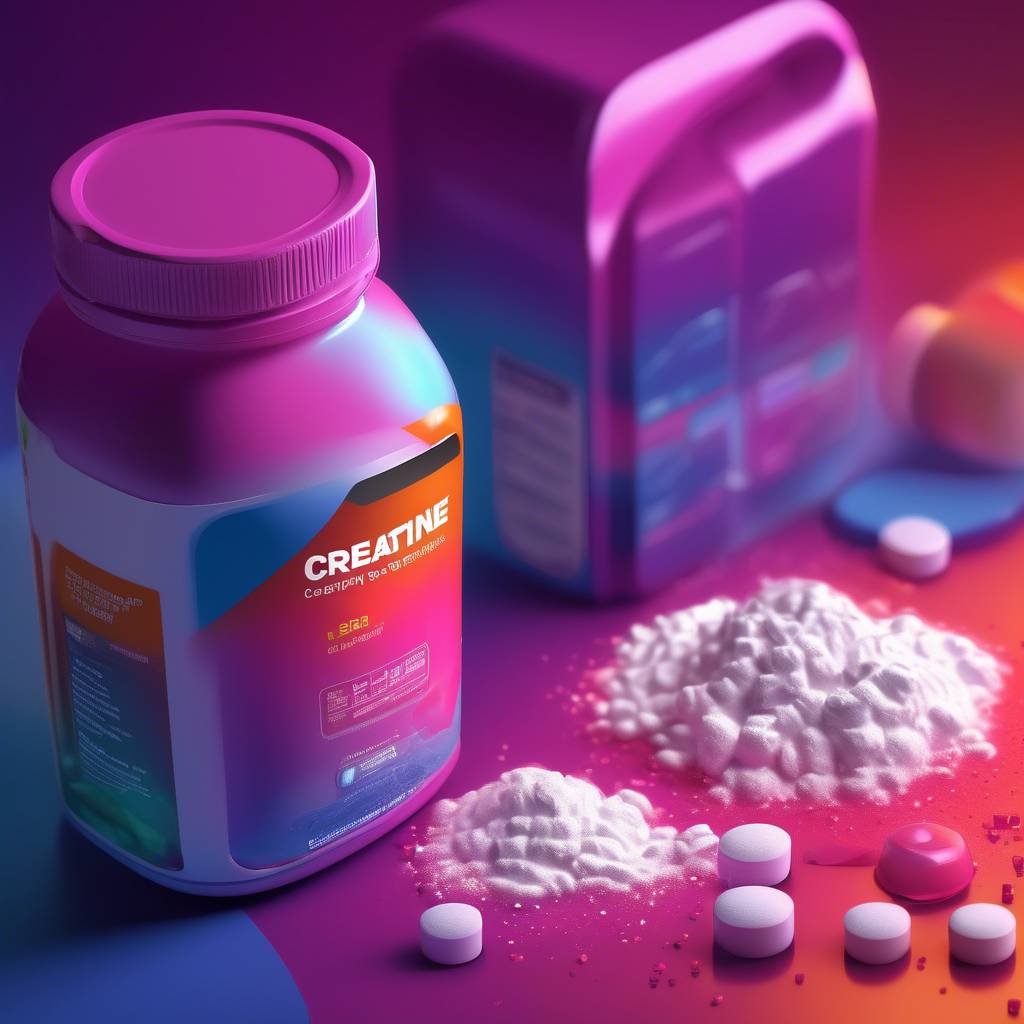Creatine is a popular sports supplement known for its ability to increase muscle cell energy during exercise, but recent research has shown potential positive effects on brain health as well. A new study published in Scientific Reports discovered that a high dose of creatine could enhance cognitive performance in individuals who are sleep-deprived. This finding is especially important for individuals who need to perform at a high level despite inadequate sleep, such as healthcare professionals, firefighters, and night-shift workers. However, more research is needed to fully understand the benefits and potential risks of creatine supplementation.
Creatine is naturally produced by the body, primarily in the liver and kidneys, and can also be obtained through food sources like meat and fish. It plays a crucial role in generating energy for cells by converting into phosphocreatine, which is then rapidly broken down into ATP, the primary energy source for cells. This energy system is especially beneficial for the brain because it does not require oxygen, allowing for quick energy production when needed. Some research suggests that creatine may also reduce inflammation and oxidative stress in the brain, potentially benefiting brain health and cognitive function.
In the recent study, participants were given a single high dose of creatine and then asked to complete cognitive tasks while being kept awake overnight. The researchers found that cognitive performance improved within 3 hours of taking creatine, with the effects peaking at 4 hours and lasting up to 9 hours. Processing capacity and short-term memory were notably enhanced by creatine supplementation. While the results are promising, it is essential to note that the dose used in the study was very high and may not be safe for regular consumption due to potential strain on the kidneys.
Researchers caution against taking high doses of creatine without medical supervision, as there may be safety concerns associated with long-term supplementation. Future studies are needed to explore lower, safer doses of creatine that could still provide cognitive benefits, especially for individuals working overnight shifts. Combining creatine with other components may enhance its effects and reduce the necessary dosage for cognitive improvement. Consulting with a qualified nutrition professional before starting any dietary supplement regimen is crucial to ensure safe and effective use of creatine.
While the cognitive benefits of creatine were short-lived in the study due to the single-dose protocol, sustained supplementation over an extended period could potentially lead to more enduring effects. Research exploring prolonged creatine supplementation regimens may provide insight into how to maximize the cognitive benefits of creatine. Overall, creatine shows promise in improving cognitive performance, particularly in specific circumstances such as sleep deprivation, mild brain trauma, and older adults with lower animal-derived food intake. However, more research is necessary to fully understand the implications of creatine supplementation on brain health and cognitive function in various populations.









